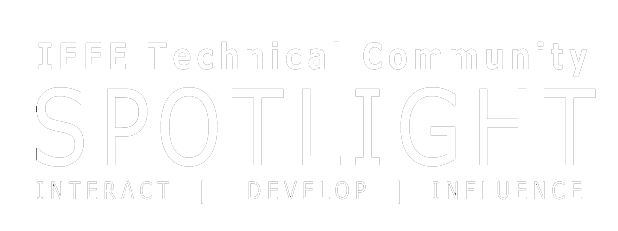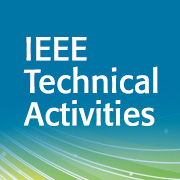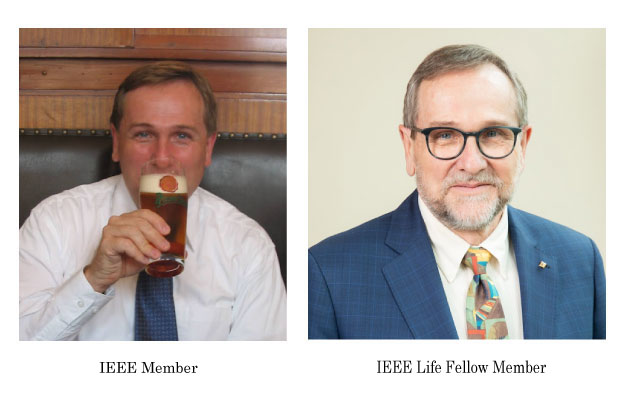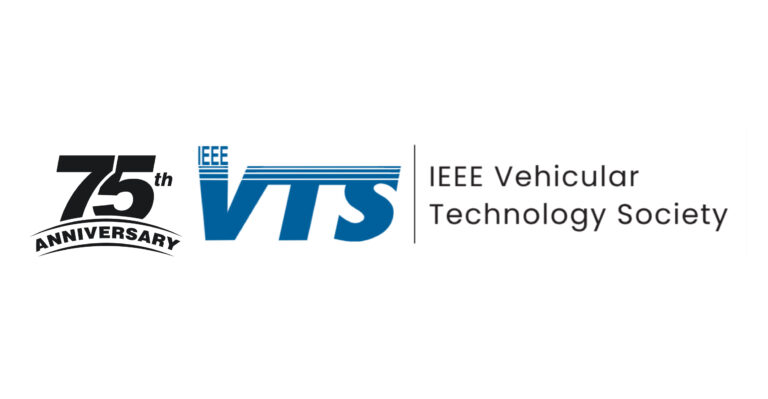The IEEE Power Electronics Society (PELS) was a 2019 recipient of the Power of A Summit Award for the Empower a Billion Lives (EBL) humanitarian program. The Award is the American Society of Association Executives’ (ASAE) highest honor for associations that go above and beyond their everyday mission to undertake initiatives that benefit the world. EBL is an influential humanitarian program imagined to enthuse volunteers and engage visionary entrepreneurs to address a global crisis – energy poverty.
Energy poverty is a lack of access to modern energy services. Such gateways drive health, education, and economic opportunity. Accessibility to abundant and affordable energy is essential to further human development and care. Launched in 2018 as a biennial event, EBL leverages the deep technical and business expertise of IEEE and its many partners to draw new talent and thinking into the energy access sector.

EBL teams around the world develop energy access solutions for communities with average incomes of lower than US$2 per day. The solutions must be scalable, regionally relevant, holistic, and leverage 21st-century technologies with exponentially declining prices.
PELS President Frede Blaabjerg stated, “many of these solutions are addressing critical humanitarian challenges that good technology solutions can meaningfully solve. Taking these technical and business solutions to market so that economically viable models can be developed to address those living in energy poverty is at the heart of a new brand of sustainable entrepreneurship where we can have a big sustainable impact.”
Global Steering Chair, Deepak Divan found that “the teams have shown important and viable solutions based on a foundation of power electronics technology that can have a big impact, some of the technology solutions pose technology challenges that have not been fully addressed.”
Starting with 475 registered teams, 82 teams progressed to compete in one of five regional rounds held in Pacific Asia, South Asia, Europe, Africa and the Americas where 23 teams were selected to field-test their solutions and compete in the Global Final.
The winners presented their solutions at the PELS Energy Access Workshop, hosted by the IEEE Energy Conversion Congress Exposition, a workshop dedicated to bringing together the Energy Access Community that is rising out of the efforts of initiatives like EBL.
Mike Kelly, PELS Executive Director adds  that “programs like PELS-EBL foster an opportunity for our volunteers, members, and staff to make a meaningful, lasting, and altruistic impact on the quality of life of others on a truly global scale. This is the essence of the mission of IEEE: to foster technological innovation and excellence for the benefit of humanity. The goal was not only to drive new technologies but also present sustainable political and business model components to aggregate efforts and “leap-frog” innovation in renewable and distributed energy”.
that “programs like PELS-EBL foster an opportunity for our volunteers, members, and staff to make a meaningful, lasting, and altruistic impact on the quality of life of others on a truly global scale. This is the essence of the mission of IEEE: to foster technological innovation and excellence for the benefit of humanity. The goal was not only to drive new technologies but also present sustainable political and business model components to aggregate efforts and “leap-frog” innovation in renewable and distributed energy”.
Regional winning teams received a total of US$225,000 and additional prizes were awarded to the following teams:
- Grand Prize (US$100,000) went to SoULS Initiative, IIT Bombay for their solution; Solar Urja through Localization for Sustainability
- Centralized Emergent Prize (US$30,000) went to Entrepreneurs du Monde and Okra, of France and Cambodia for their solution to support people’s own entrepreneurial ventures and giving them access to products that can bring significant health, economic and environmental benefits.
- Decentralized Emergent Prize (US$30,000) went to SolarWorX, of Germany and Tanzania for designing and manufacturing the next generation of solar pay-as-you-go solutions sold on a B2B basis
- Centralized Commercial Prize US$30,000 went to Havenill Synergy of Nigeria for using solar energy to generate clean, safe, cost-effective and sustainable electricity in rural and urban Nigeria.
- The Best Student Team Prize (US$20,000) went to Reeddi, of Canada and Nigeria for sustainably provides clean energy and allied innovations at a price point that individuals and businesses operating in energy-poor regions of the world can afford.
- An additional prize was awarded to Xpower, of the US and Rwanda for The Best Base of the Pyramid Solution for designing, building, and operating next generation solar microgrids for rural electrification. Combining mains AC and low voltage DC, these grids are optimized for cost, yet designed to scale with users’ needs over time.
- Two teams received an honorable mention: Connex Solar, of Scotland and Rwanda (previously Smart-Grids Lab), for developing plug-and-play smart DC network controllers for a bottom-up electrification in the Developing World; and, Simusolar, of Tanzania for providing farmers and fishers with the IoT-enabled tools they need to improve productivity and income.
To see the solutions of all the teams competing in the Global Final go to empowerabillionlives.org/global-finalists
The next round of IEEE PELS EBL will begin in 2021. To find out more about the overall competition, go to empowerabillionlives.org and to support the efforts and lend your name to the growing Energy Access Community dedicated to Empowering a Billion Lives, visit empowerabillionlives.org/supporters.
The competition was conceptualized by PELS and its volunteers and staff, with strong support from many regional sponsors and for the Global Final the sponsors include: Kehua Technologies, On Semiconductors, Southern Company, Vicor, Sungrow Technology, Texas Instruments and partners, The Center for Distributed Energy at the Georgia Institute of Technology and the IEEE Foundation.





